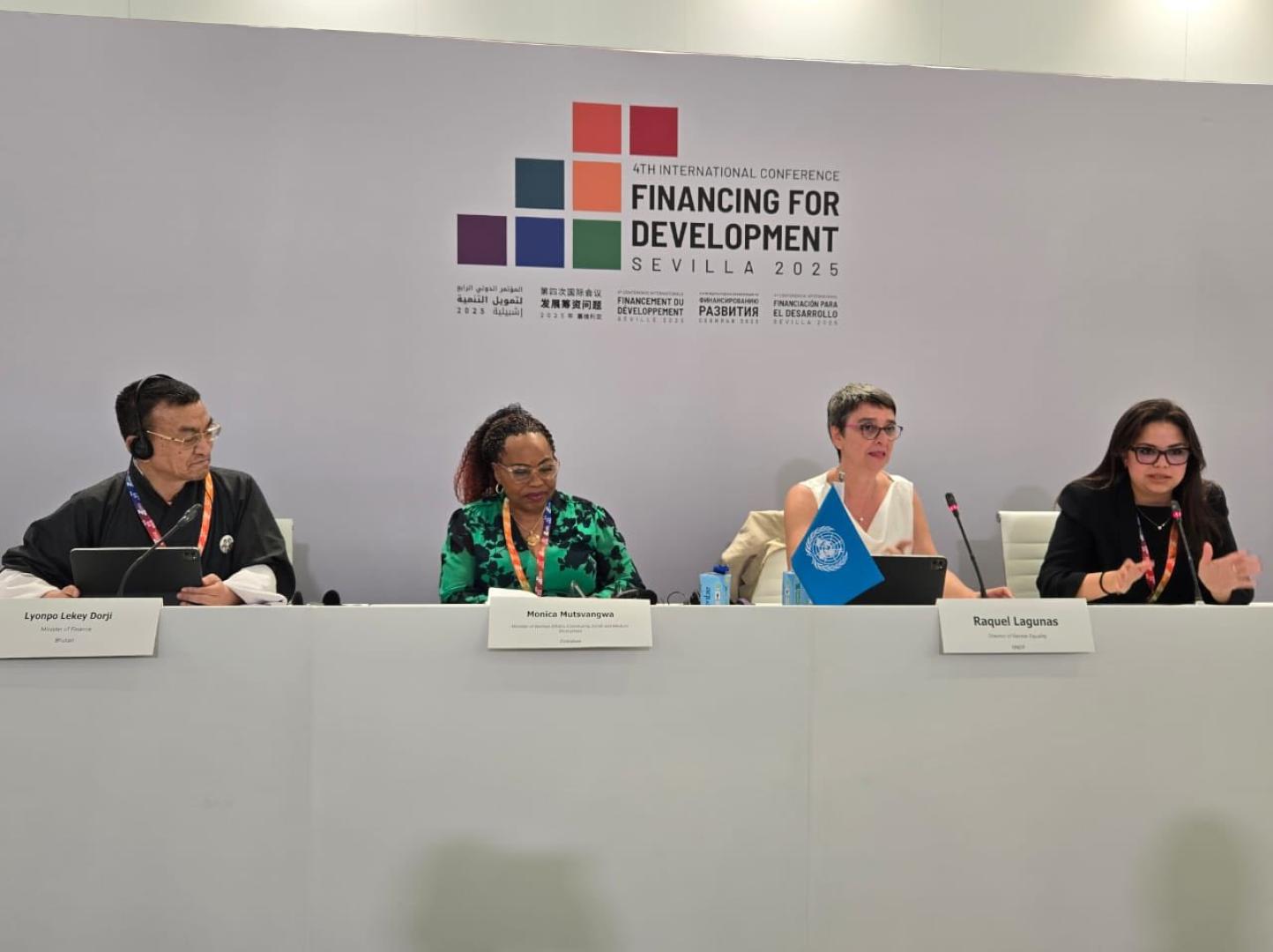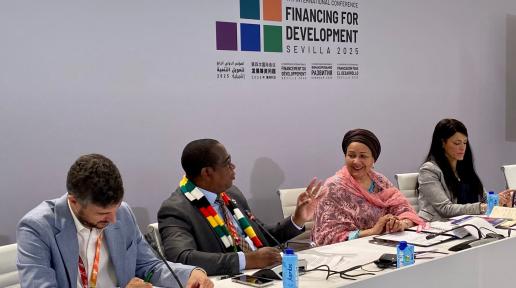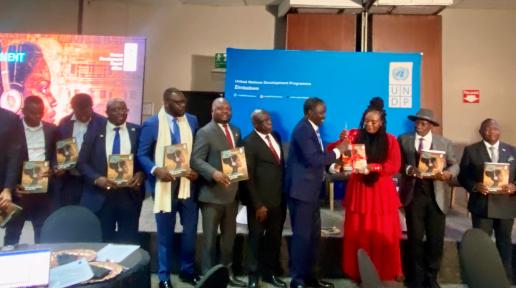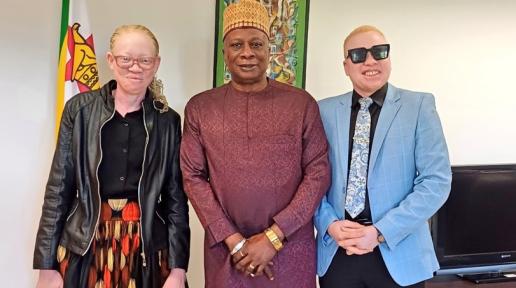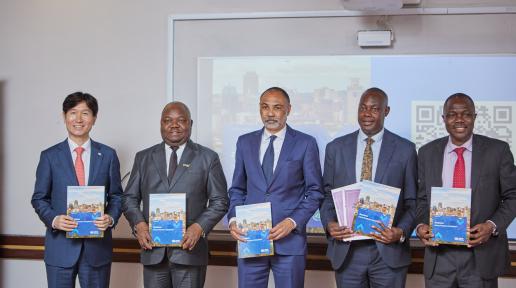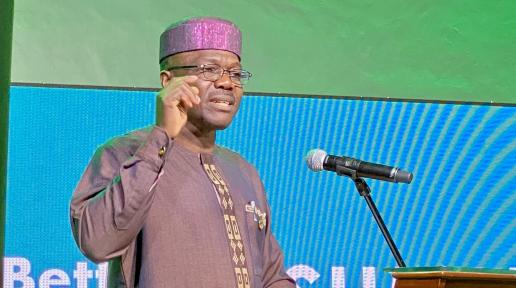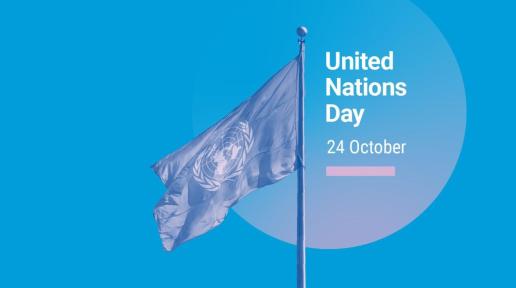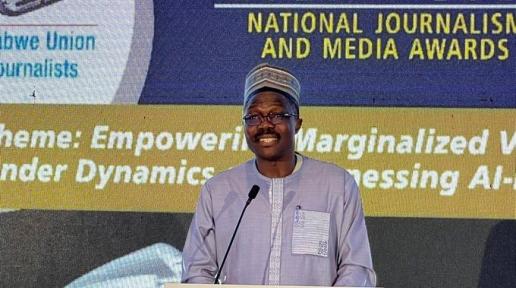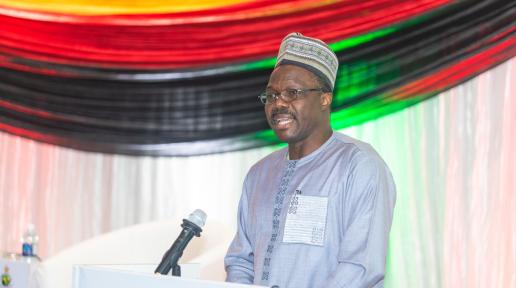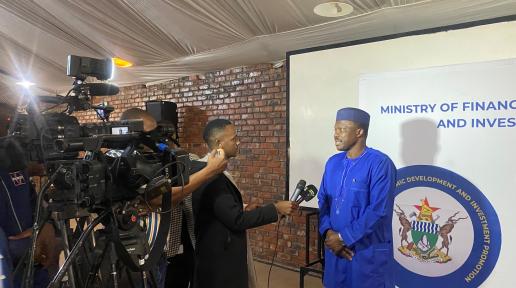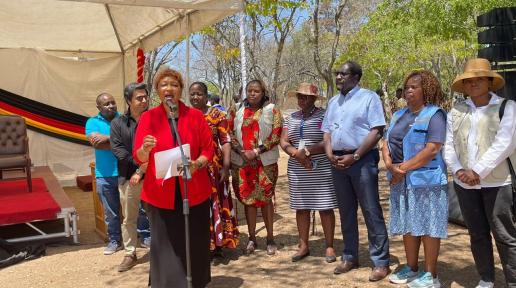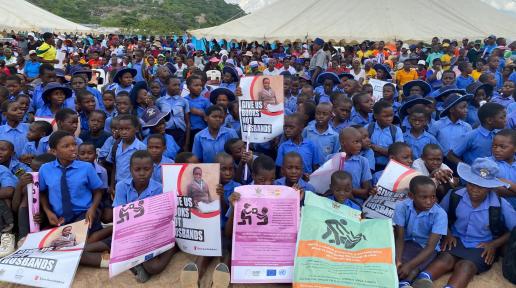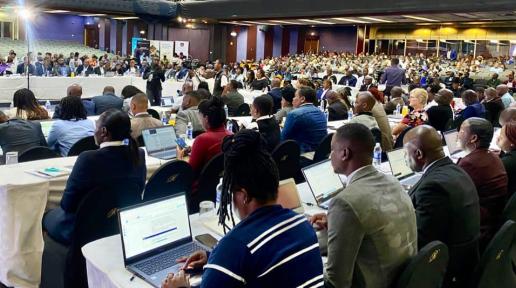Story
03 July 2025
Insights from FfD4 on Transforming Economies through Gender Responsive Budgeting
The Fourth International Conference on Financing for Development (FfD4), held in Sevilla, Spain from June 30 to July 3, 2025, spotlighted a transformative agenda for achieving gender equality and economic empowerment for women. Bringing together global leaders, policymakers, and advocates, the conference emphasized the critical role of gender-responsive budgeting (GRB) and public finance in driving inclusive economic growth. Among the key speakers was Honourable Minister Monica Mutsvangwa of Zimbabwe, a champion of gender equality and women's economic empowerment.Honourable Minister Mutsvangwa highlighted Zimbabwe's groundbreaking efforts in institutionalizing Gender-Responsive Budgeting (GRB), setting a benchmark for integrating gender considerations into national fiscal policies. This approach, adopted since 2022, ensures that all phases of the budget cycle—from design to execution—are informed by gender-specific goals, elevating women's needs from marginalized to mainstream within public financial planning."Empowering women is not only a moral imperative but an economic strategy," remarked Minister Mutsvangwa. "Zimbabwe's commitment to GRB has brought significant improvements in our Gender Development Index and has elevated our global ranking on the Gender Inequality Index by over 10 places."The implementation of GRB has catalyzed several impactful outcomes in Zimbabwe, including:1. Targeted Financial Allocations: The 2025 National Budget earmarked ZiG196.9 billion specifically for initiatives benefiting women and girls, enhancing programs such as free sanitary wear for female pupils and expanding access to education.2. Support for Women-Owned Enterprises: A substantial allocation of ZiG$10 billion in the 2024 budget underscores the government's commitment to women's financial inclusion, with funds directed towards supporting enterprises through the Zimbabwe Women Microfinance Bank.3. Institutional Innovations: The creation of the Women's Development Bank has been pivotal, providing collateral-free loans and financial literacy skills to women entrepreneurs. This initiative has markedly increased women's access to finance, enabling them to lead 56% of Small and Medium Enterprises (SMEs) in Zimbabwe.4. Transparency and Accountability: The annual Gender Responsive Budget Statement enhances oversight on resources addressing gender disparities, fostering accountability in the allocation and utilization of financial resources.In her address at the conference side event, Minister Mutsvangwa joined the global voices in advocating for a concerted effort towards gender equality through public finance reforms. The focus was on institutionalizing comprehensive gender policies in collaboration with partners like UNDP, UNFPA and UN Women, aiming to integrate gender considerations into all dimensions of public finance."We must leverage public finance as a transformative tool for socio-economic progress," Minister Mutsvangwa underlined. "Our approach underscores that empowering women empowers the nation—ensuring fair distribution of resources to close gender gaps and stimulate economic growth for all."The conference underscored the growing need for international cooperation to replicate successful models of GRB and gender-focused financial policies. As global development aid faces a decline, innovative financial instruments and strategic partnerships are crucial to bridging the SDG financing gap. The Sevilla Platform for Action has paved the way with over 130 initiatives aimed at scaling investments, addressing debt challenges, and reforming financial architectures globally.The insights and outcomes from Zimbabwe's GRB initiatives, as presented by Honourable Minister Mutsvangwa, provide a compelling blueprint for other nations aiming to achieve equitable economic development. By transforming gender equality from a social issue into an economic imperative, countries can harness the full potential of their populations, driving robust and inclusive growth worldwide.As the conference concluded, the message was clear: embracing gender-responsive policies is not just ethically right but strategic investment for economic transformation, advancing economies that are resilient, inclusive, and capable of sustaining long-term development.
